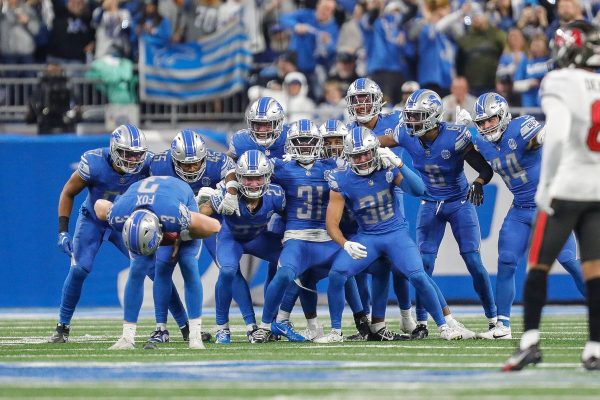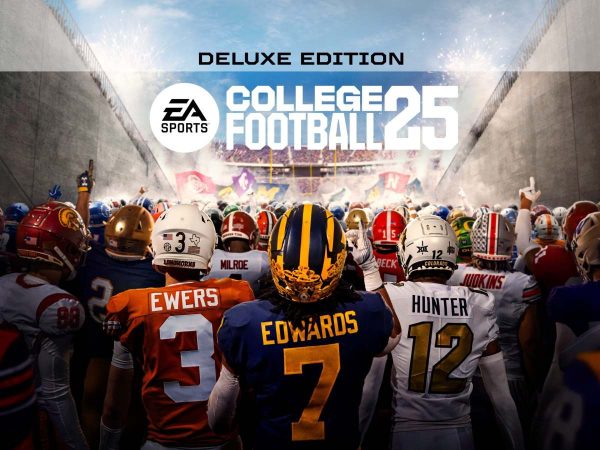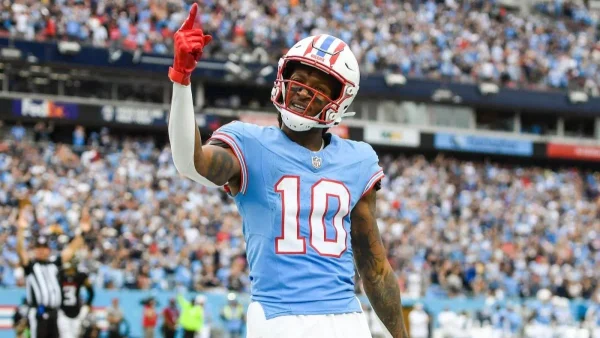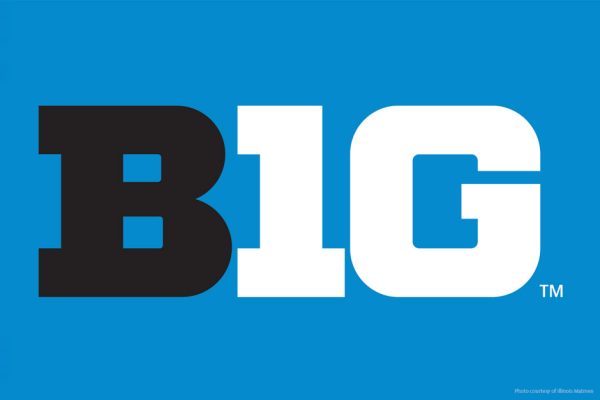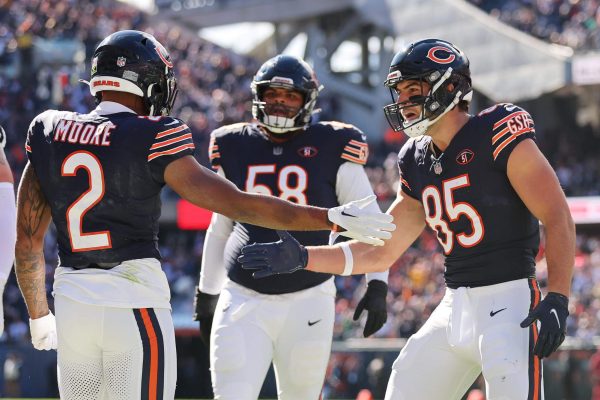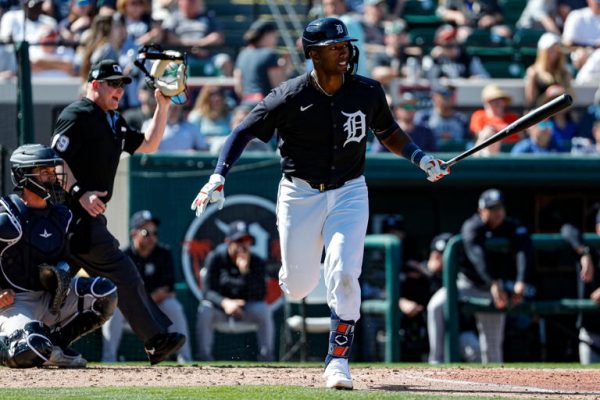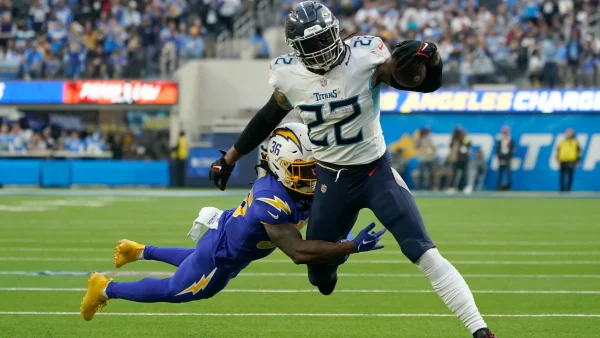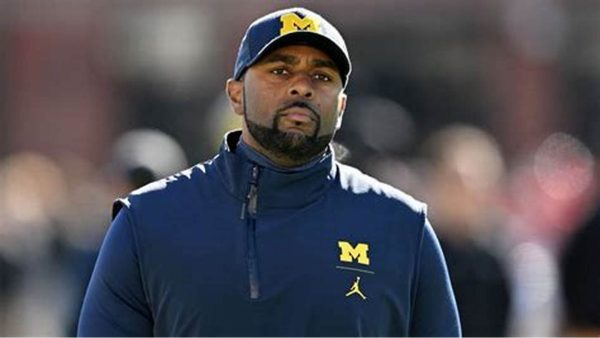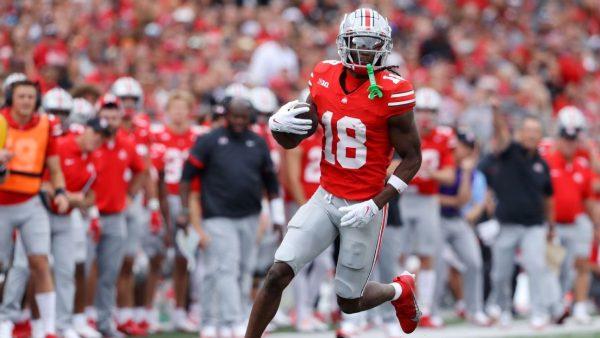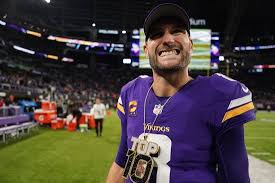On the Contrary: Should the owners or the athletes have more control?
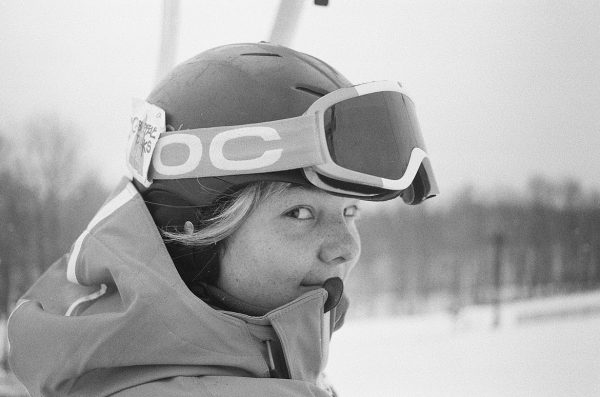
More stories from Olivia Oorbeck
March 21, 2024

More stories from Peyton Price
It is no surprise that money has an effect on sports. However, money not only affects the game itself but also the people who are involved in it as well. In recent years, there have been large debates about whether the owners or the athletes should have more control over what happens in and out of the game.
Olivia Oorbeck: Throughout sports, money has always been a main contributor to athletes and teams. However, it is no surprise that this system can become corrupt. One large issue that many of these teams are facing is the ownership itself. Owners tend to have the majority of control and power when it comes down to these teams, and that is where a change needs to be made in order for athletes to have better control over the environments they are placed in. For instance, the owner of the NFL’s Dallas Cowboys, Jerry Jones, has been in the spotlight for his power when it comes to ownership. It has been stated that with all the power that he holds over his team and the decisions he makes, he has no idea what it is to play or coach the game. How can one have so much power over a team and not even have experience with the game itself? With this much control, many of these athletes do not even have control over their own experiences and lives. While some could argue that these owners bring in the money, in reality, if not for the players, these teams would not exist to bring in this revenue. The players should have more say in their team due to the fact that they are the ones playing and keeping the fan base alive, not the owners. These owners do not know what happens down on the field, rather they only know what happens based on stats or what the coaches are expressing to them. Owners truly do not know what these players are going through. Although some of these owners may have played in the past, the times are changing. Nothing is the same as it was years ago. The only ones that are able truly to understand what is happening are these athletes, yet they do not have much say when it comes to what they are doing. In all, athletes should have more of a say when it comes to themselves and the teams based on the fact that they are putting in all this work for someone who does not even know what is happening within the team. Owners love to take control of the reigns and run the show. However, maybe they should stay up in the owner’s box where they belong and the real decisions be made by the ones down on the field.
Peyton Price: When it comes to operations within the team, the power and say in what goes on should be held by the owner of the team. For example, if a player requests something, the owner should have the complete right to accept or deny it, whatever it is, because he is the one signing the player’s paychecks, as a part of an agreement declaring the player to be property of the owner. While the player is an important aspect of the program, he has accepted the terms of being owned and controlled by the team’s owner. I am not saying that a player should have no say in any decision an organization makes, because players are what make a team successful, but by being a player for that organization, you opt into becoming an asset of the owner. However, why wouldn’t the man signing the paychecks have the ultimate say in team operations? If he is the one paying for everything, he should decide how his money is being spent, not the people taking his money. All in all, the owner should listen to the opinions or demands of the players because the players are critical to the success of the team; they directly know how a certain direction the team goes can have a positive effect because they are the ones playing in the games and understanding how things work on the field or court. Nonetheless, the decision to follow those recommendations should be held completely by the owner. Of course, there are other positions in the organization that the owner has filled with reliable employees to make certain decisions, which makes the owner less liable and directly involved, but those upper management positions have all the power to guide the team a certain way. The players are there to win for the team and make more money for the organization, which in turn should trickle back down to the players. They are not there to manage the organization and determine how they do things because they are not the ones paying for it. Let the players pay for it with their physical efforts, but let the owners pay for the success with their wallets and reap all of the benefits.

Olivia Oorbeck is a senior on the FHC Sports Report. She is excited about entering her second and final year on the staff. This year, she received the...

Peyton Price is a senior in his first year on the Sports Report staff. He took this class to get more experience in the field of sports communications,...




